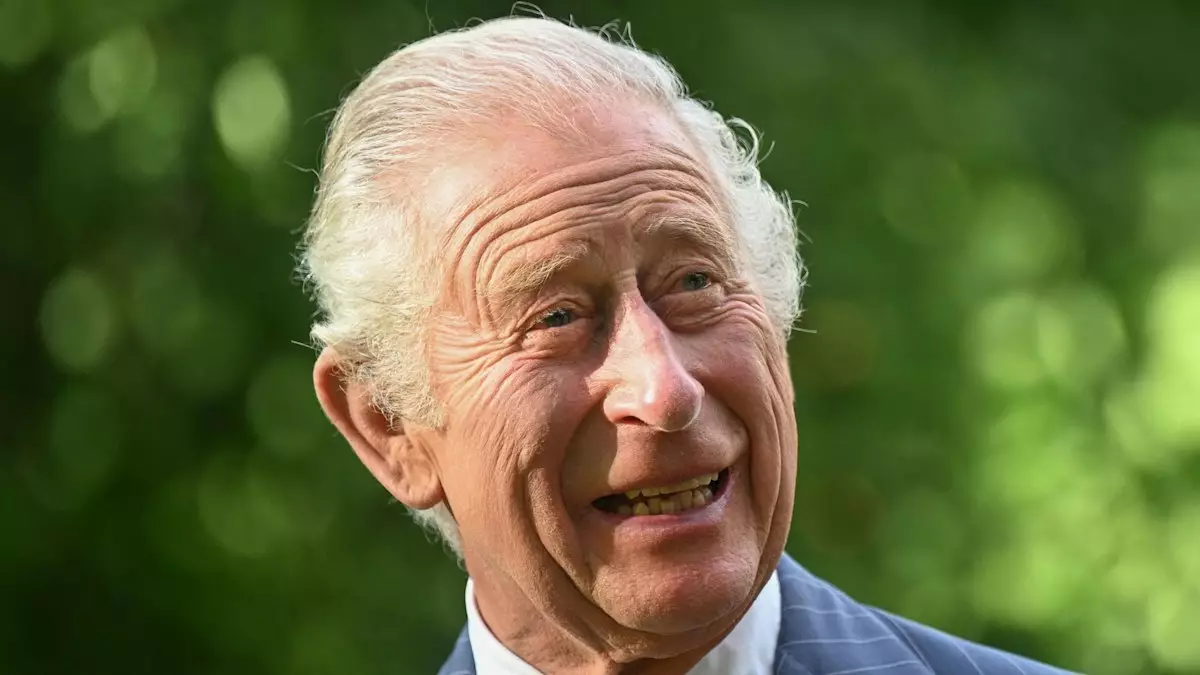King Charles III has consistently demonstrated a remarkable ability to challenge conventional thinking, especially regarding environmental stewardship. Long before his ascension to the throne, he distinguished himself by advocating for practices that many initially dismissed as eccentric or impractical. His dedication to sustainable agriculture and ecological awareness illustrates a commitment to values that transcend fleeting trends. Unlike many public figures who adapt to popular opinion, Charles has maintained a steady course rooted in genuine concern for the planet’s future.
One of the most striking examples of this was his dedication to organic farming at his Gloucestershire estate, Highgrove House. Starting this endeavor more than four decades ago, Charles embraced organic methods that significantly limited antibiotics and chemical inputs—techniques that were then considered radical, if not outright foolish, by many in agricultural circles. Despite being labeled a “complete idiot” at the time, he insisted on the principle that overuse of antibiotics contaminates ecosystems and breeds resistance. Today, organic farming is widely recognized across the UK and beyond as a vital strategy in sustainable agriculture, vindicating his early convictions.
Championing Environmental Reforms in Daily Life
King Charles’s environmental activism is not confined to abstract advocacy but is deeply integrated into his personal lifestyle and estates. His efforts to modernize his vehicle fleet reflect a genuine attempt to lead by example rather than merely preach. Perhaps symbolic of his innovative spirit was the modification of his Aston Martin to run on biofuel made from English white wine and cheese whey, an ingenious reuse of agricultural byproducts. More recently, the King’s adoption of an electric BMW underscores a commitment to reducing carbon emissions — a significant statement coming from a monarch.
What truly sets Charles apart is his persistence in the face of skepticism. When he introduced eco-friendly sewage treatment using reed beds at Highgrove years ago, it was regarded as an oddity or folly. Now, these natural filtration systems are recognized for their environmental benefits in wastewater management. His willingness to pioneer such solutions highlights a pragmatic yet imaginative approach to ecological issues.
Reconciling Tradition with Innovation
King Charles’s views also reflect a unique intersection of tradition and modern ecological science. The monarch’s fascination with plants and their responsiveness might have initially invited ridicule, but growing scientific evidence on plant communication and intelligence—popularized in media like the BBC’s *The Green Planet*—has reframed his intuition as prescient rather than peculiar. His long-held practice of speaking to plants is now seen not merely as a quaint habit but as an early nod to the complex social interactions within plant ecosystems.
This blend of an almost spiritual connection to nature combined with a practical understanding of environmental science gives Charles a distinctive voice. His approach goes beyond simple environmentalism; it encompasses a holistic world view that respects both empirical knowledge and the intangible relationships between living organisms.
Environmental Advocacy as Legacy Building
Charles has long directed his efforts toward inducing systemic change, focusing on pollution reduction, food waste minimization, and sustainable farming. His early warnings about plastic pollution and chemical contaminants in aquatic ecosystems, delivered as a young man, demonstrate an extraordinary foresight into issues that have become central in global environmental debates only decades later.
His influence is evident not only in his estates but across broader agricultural practices, where organic farming has gained significant traction—partly thanks to his advocacy. Although some of his initiatives, like the non-renewal of the Home Farm lease, have introduced changes, his continued commitment to practices such as organic farming at Sandringham illustrates an enduring dedication to eco-conscious stewardship.
Ultimately, King Charles’s environmental journey is a testament to the power of perseverance and vision. His radical ideas, once met with skepticism, have gradually earned recognition, and his blend of progressive innovation with deep respect for natural systems positions him as a pivotal figure in contemporary ecological thought.

